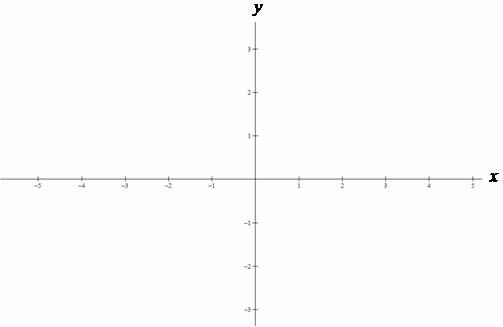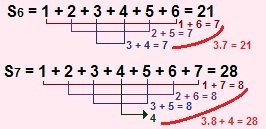Knowledge of the multiples of a number is very important in any development of mathematics. The multiples of an integer no are given by the multiplication of no by all whole numbers, that is, the result of this multiplication are the multiples of no.
Read too: Polynomial Multiplication: Know How
How to find the multiple of a number
To determine multiples of an integer no, we must multiply this number for other whole numbers, the results of this operation are the multiples of no. We can write them using a general formula, Look:

in the formula M, the multiples of numbers no and k are the integers that we multiply by no. See some examples.
Examples
To determine the multiples of the number 2, we must multiply it by whole numbers, in this example we will find the first 11 multiples of 2.

In order to make it easier, we will establish a notation for multiples of a number, instead of putting together a multiplication table. Let's write them like this:
M(2) = {0, 2, 4, 6, 8, 10, 12, 14, 16, 18, 20, 22, ...}
Note that the listing of multiples is infinite, since the set of integers we multiply the fixed number by is infinite.
The multiples of number 3 are:
M(3) = {0, 3, 6, 9, 12, 15, 18, 21, 24, 27, 30, ...}
The multiples of number 9 are:
M (9) = {0, 9, 18, 27, 36, 45, 54, 63, 72, ...}

Know more: Distributive property of multiplication
Ownership of multiples
We can observe some properties in multiples.
- Property 1: The number zero is a multiple of any integer.
- Property 2: When considering two or more whole numbers, they can have multiples in common, that is, multiples that appear at the same time in the list.
- Property 3: The smallest common multiple between two numbers is called a least common multiple (MMC).



